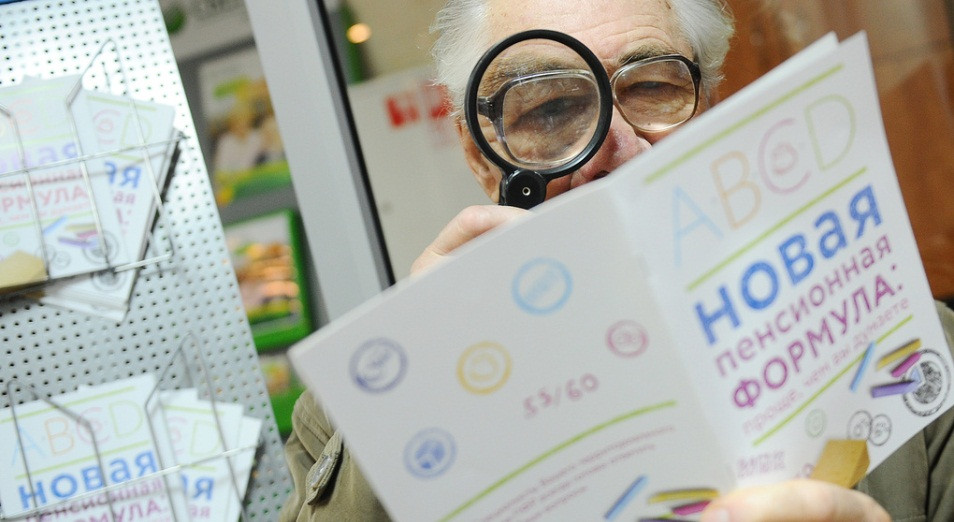According to him, the "red flag" system operates in Germany: if the system sees a set of certain suspicious signs when introducing data on the insurance event, the application is marked by a conditional "red flag", which means a high probability of fraud. Such an application automatically falls into the investigation service of the company, which conducts an additional audit of the event and comes to the conclusion whether there is any reason to pay insurance compensation, or suspicions of fraud are not eliminated and the payment must be refused.
Such a system of signs up to standards should also be introduced among Russian insurers, Yefremov said. "For example, an insurance event occurs on the day the contract is concluded or within the next three days, the amount of the claimed loss is above the average, let us say, 150 thousand rubles for the third-party liability cover, the event occurred at night without witnesses, the policyholder applies for payment during the year for the second-third time, he often changes insurance companies. The combination of several signs can mean a high probability of fraud", quoted Yefremov.
Yefremov notes that with a certain set of characteristics, the investigation service will have to perform minimal verification actions, for example, by making a request to the traffic police, without it the work on loss settlement cannot be continued. "In Russia, such a system operates only in certain insurance companies, the majority does not work the same way, and thus, the market "breeds scammers”. Minimum standards for all companies must be made", he said.
According to Yefremov, ARIA will begin to discuss such standards with insurance companies in the near future. The vice-president of the association is afraid that many companies will be opposed to them, as this implies additional costs for IT and personnel. The initiative will be discussed at specialized conferences on combating insurance fraud, on anti-fraud committees of ARIA and RAMI. Then the standards can be brought to the presidium of the union, which will make a decision. According to Sergei Yefremov, this is the prospect of one year.
He also notes that in order to stand against fraud, it is necessary to develop a bureau of insurance cases for all types of insurance (it only exists in motor insurance now) and separate the investigation service from the security service in the structure of insurance companies. KPMG, a consulting company, was also looking at these measures, preparing a review of international experience in combating insurance fraud.
International experience
In Russia, insurance fraud is the most common in the Third Party Liability Cover. According to RAMI, fraudsters get up to 30% of payments for third party liability cover. The main problem for insurers of compulsory motor TPL insurance in Russia is the so-called dishonest traffic lawyers, who charge insurers with overstated settlement amounts in courts, buying out the claims from accident victims. In RAMI, they believe that such traffic lawyers often falsify contracts of cession, powers of attorney, expert reviews and the accident themselves. They violate the order of letter of claim, trying to lead the matter to court, overestimate the services and expert review costs in court and their own services as well. According to the RAMI data, payments of insurers in court in 2017 have increased by 1.5 times, to 37.4 billion rubles, including 19.5 billion rubles for the overheads as fines, penalties and forfeits.
In general, the damage from fraud in the Third Party Liability Cover of Russian Association of Motor Insurers (RAMI) is estimated of 60 billion rubles a year in average, where 20 billion rubles are the losses caused by the dishonest traffic lawyers’ activity, 7-10 billion rubles are the fraud of the beneficiaries (over-evaluation of damage and loss statement for not occurring road traffic accident), 10-15 billion rubles are the spread of fake Third Party Liability policies, and 15 billion rubles are driving without a Third Party Liability policy.
In Germany, the damage to the market from insurance fraud is estimated at about €5 billion a year (about 10% of the total amount of reimbursement for insurance against damage and accidents), quoted a senior expert and insurance fraud manager of the German Union Peter Holmstel in his meeting with ARIA representatives. He stressed that these are estimates, since fraud, as well as in Russia, is latent, and it is only after a court decision possible to talk about it. Compulsory statistics on companies’ appealing to the law enforcement agencies and the initiation of criminal cases the German Insurers Union started to be collected just recently (RAMI also started this work in the 4th quarter of 2017).
In Germany, unlike Russia, most of such cases occur not in motor insurance, but in liability insurance (for example, over the quench of neighbors). In this segment, 15.6% of insurance events are questionable, as GIU statistics show, in property insurance - 9.2%, in motor insurance - 7.2% (in the Russian Third party Liability Cover the share was estimated up to 30%).
"We are talking about particular cases of dishonesty of the beneficiaries", stressed Peter Holmstel. In Germany, there is no concept similar to the Russian "dishonest traffic lawyers". Holmstel explained that there is no economic interest for such intermediaries. According to German law, only the amount of insurance compensation is paid by court, there are no fines for insurers. In Russia, when payment is made by a court decision, the insurer pays not only the amount of compensation, but also an additional penalty of 50% of it (under the law on consumer protection), and also pays all related costs.
Source: http://tass.ru/ekonomika/5177280
Photo per websites: perm.bezformata.ru, arrivo.ru





